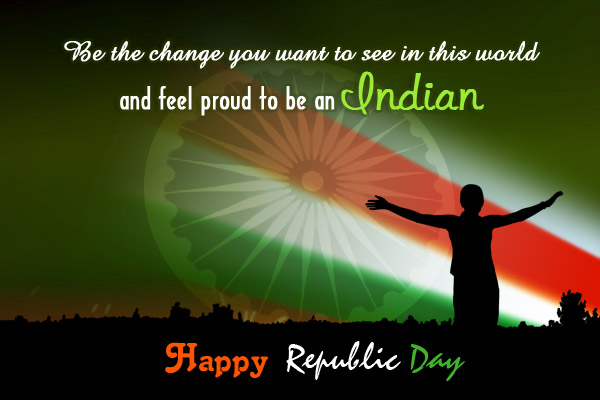(In
these stanzas, the influence that Sri Poornaprajna had created on the
psychology of his worldly Guru Sri Achyutapreksha has been described in a
pictoral manner. Please read, comment and share. SDN)
Sa
rUpyapeeThAlayavAsinE yadA nanAma nAThAya mahAmatirmudA|
TadA(a)munA(a)grAhi
narapravEshinA BhujE BhujEnAshu BhujangashAyinA||37||
SUMMARY:
When Sri Poornaprajna passionately saluted the presiding deity of
Rupyapeethapura, Sri Anantasana, the Lord entered in a person’s body, lifted
him by the right arm with his right arm
The
Lord, by lifting the right arm of Sri Poornaprajna, is said to have
acknowledged the salutation of his ardent devotee with pleasure.
ChirAt
sutattwam prabuBhutsunA twayA niShEvaNam mE yadakAri tatPhalam|
Imam
dadAmeetyaBhiDhAya sO(a)munA tadA praNeeya pradadE(a)chyutatmanE||38||
SUMMARY:
Drawing Sri Poornaprajna close to Achyutapreksha, Lord Sri Ananteshwara said: “In
recoginition of serving me for a long time with a desire to know theosophy, I
am hereby presenting this boy to you.”
It
may be recalled that earlier, Sri Ananteshwara had indicated to Sri
Achyutapreksha that a disciple would join him to explain the intricacies of Madhwa
philosophy.
Figurative
description of Achyutapreksha is: AchyutE AatmA budDhihi prajnA aasyEti
AchyutAtmA Achyutaprajnaha||
Anugraham
tam pratigruhya sAgraham mudA(aa)tmanAm krutakrutyatam smaran|
ABhUdasangO(a)pi
sa tatsusangavAnasangaBhUShA nanu sADhusangitA||39||
SUMMARY:
Accepting that grace of the Lord with humbleness and a sense of submission, he
remembered the compliment he had received from the Lord; although he could
renounce the worldly pleasures, he could not shun the attachment and intimacy
with Sri Poornaprajna; isn’t it the association with good and righteous person a
grand compliment for renunciation of worldly pleasures?
A
point to be noted in this context is that renunciation of worldly pleasures
invariably calls for association with pious, spirituous and virtuous people as
it paves the way for salvation. Just as evil company is deplorable, company of
spiritually awakened persons is essential.
Word
Asanga means dissociation, which conversely means to have the company of
spirituous persons as it is AsangaBhUShA or a symbolic emblem of dissociation.
YiyAsati
swastaTineem muhurmuhurnamatyanujnArThini BhUritEjasi|
Tamasmarat
swAminamEva dUnaDheergururBhaviShyadvirahAjnishankayA||40||
SUMMARY:
When Sri Poornaprajna saluted him again and again seeking his permission to
fulfil his desire to go to have a bath in Ganga River, Achyutapreksha imagined
about the nostalgia he would have to bear with the departure of his disciple in
future, became very much distressed and finally surrendered to his Lord to
help.
This
stanza establishes the fact that within a very short period, Sri Achyutapreksha
had developed an inexplicable attachment towards his disciple Sri Poornaprajna
and was in no mood to be without his presence for too long. That was the impact
of the character and behaviour that Sri Poornaprajna had created on the mind of
his Guru.
Sri
Chalari Achar substantiates the feelings of Sri Achyutapreksha: “PoornaprajnE gate
mama viyOgO BhaviShyati| Iti BhayEna duhKhitAntahkaraNa it BhAvaha|” Sri
Achyutapreksha was momentarily saddened by the thought that in the event of the
departure of Sri Poornaprajna from his sight, he would be forlorn, nostalgic and
orphoned.






